WUHAN, China: Patients frequently suffer from postoperative pain, which is why information about precise medication is urgently needed by dentists today. In a recent study, an artificial neural network (ANN) model was used to predict pain after root canal treatment (RTC), which is of clinical importance for doctors in order to improve the quality of treatment, establish optimised treatment plans and reduce the occurrence of medical disputes.
In the field of nature-inspired algorithms, ANN has had the most recent rapid development. It is a system based on human brain structure and function imitation that can be applied to analyse the relationship between various predictors. ANN can be used to predict medical results by selecting proper neural network structures and training weight and can be used for disease diagnosis, prognosis and clinical decision-making.
It is reported that ANN may make it possible to identify important variables and predict post-treatment pain with high accuracy. This study by researchers from Wuhan University aimed at evaluating the accuracy of the back propagation (BP) artificial neural network model for predicting postoperative pain after RCT.
The BP neural network model was developed using MATLAB 7.0’s neural network toolbox, and a functional projective relationship was established between 13 parameters, (including personal factors, inflammatory reaction factors and operative procedure factors) and the postoperative pain experienced by the patient after RCT.
This neural network model was trained and tested based on data from 300 patients who underwent RCT. Of these cases, 210, 45 and 45 were allocated as the training, data validation and test samples, respectively, to assess the accuracy of prediction. Study authors Xin Gao and Xing Xin and their team found that the accuracy of this BP neural network model was 95.6% for the prediction of postoperative pain after RCT.
The scientists concluded that the BP network model could be used to predict postoperative pain after RCT and showed clinical feasibility and application value. Therefore, the proposed method could be used as a clinical reference in the future.
The study, titled “Predicting postoperative pain following root canal treatment by using artificial neural network evaluation”, was published on 26 August 2021 in Scientific Reports.
Tags:
ANN ARBOR, Mich., U.S.: As dental implants become an increasingly common treatment modality for edentulous patients, understanding their potential side ...
LOS ANGELES, U.S.: California-based researchers have recently been working on a tiny, but powerful ally that could help prevent infection after root canal ...
PORTLAND, Ore., USA: Researchers at the Oregon Health and Science University (OHSU) have developed a revolutionary process by which to engineer new blood ...
DRESDEN/ROSTOCK, Germany: A common challenge faced during root canal treatment is the frequent jamming of the rotating file, necessitating regular cleaning....
SEOUL, South Korea/BIRMINGHAM, Ala., U.S.: Root canal treatments currently rely on clotted blood to fill the empty tooth canal. In order to find a more ...
The patient was referred for root canal treatment (RCT) of tooth #36, the referring dentist having had difficulty in locating the root canal orifices. The ...
Most periapical lesions occur as direct sequelae of chronic apical periodontitis, usually after pulpal necrosis of a tooth. The affected tooth is ...
Irrigation is a major step in endodontic treatment. A variety of chemicals are used to achieve what I like to consider the chemical preparation of the ...
GOTHENBURG, Sweden: Although overall oral health in Sweden has improved significantly, root canal treatment is still a common procedure. Since few studies ...
The patient reported on in this article was referred to my dental office by his general dental practitioner. There was a large cavity and symptoms of ...
Live webinar
Tue. 24 February 2026
1:00 pm EST (New York)
Prof. Dr. Markus B. Hürzeler
Live webinar
Tue. 24 February 2026
3:00 pm EST (New York)
Prof. Dr. Marcel A. Wainwright DDS, PhD
Live webinar
Wed. 25 February 2026
11:00 am EST (New York)
Prof. Dr. Daniel Edelhoff
Live webinar
Wed. 25 February 2026
1:00 pm EST (New York)
Live webinar
Wed. 25 February 2026
8:00 pm EST (New York)
Live webinar
Tue. 3 March 2026
11:00 am EST (New York)
Dr. Omar Lugo Cirujano Maxilofacial
Live webinar
Tue. 3 March 2026
8:00 pm EST (New York)
Dr. Vasiliki Maseli DDS, MS, EdM



 Austria / Österreich
Austria / Österreich
 Bosnia and Herzegovina / Босна и Херцеговина
Bosnia and Herzegovina / Босна и Херцеговина
 Bulgaria / България
Bulgaria / България
 Croatia / Hrvatska
Croatia / Hrvatska
 Czech Republic & Slovakia / Česká republika & Slovensko
Czech Republic & Slovakia / Česká republika & Slovensko
 France / France
France / France
 Germany / Deutschland
Germany / Deutschland
 Greece / ΕΛΛΑΔΑ
Greece / ΕΛΛΑΔΑ
 Hungary / Hungary
Hungary / Hungary
 Italy / Italia
Italy / Italia
 Netherlands / Nederland
Netherlands / Nederland
 Nordic / Nordic
Nordic / Nordic
 Poland / Polska
Poland / Polska
 Portugal / Portugal
Portugal / Portugal
 Romania & Moldova / România & Moldova
Romania & Moldova / România & Moldova
 Slovenia / Slovenija
Slovenia / Slovenija
 Serbia & Montenegro / Србија и Црна Гора
Serbia & Montenegro / Србија и Црна Гора
 Spain / España
Spain / España
 Switzerland / Schweiz
Switzerland / Schweiz
 Turkey / Türkiye
Turkey / Türkiye
 UK & Ireland / UK & Ireland
UK & Ireland / UK & Ireland
 Brazil / Brasil
Brazil / Brasil
 Canada / Canada
Canada / Canada
 Latin America / Latinoamérica
Latin America / Latinoamérica
 USA / USA
USA / USA
 China / 中国
China / 中国
 India / भारत गणराज्य
India / भारत गणराज्य
 Pakistan / Pākistān
Pakistan / Pākistān
 Vietnam / Việt Nam
Vietnam / Việt Nam
 ASEAN / ASEAN
ASEAN / ASEAN
 Israel / מְדִינַת יִשְׂרָאֵל
Israel / מְדִינַת יִשְׂרָאֵל
 Algeria, Morocco & Tunisia / الجزائر والمغرب وتونس
Algeria, Morocco & Tunisia / الجزائر والمغرب وتونس
 Middle East / Middle East
Middle East / Middle East



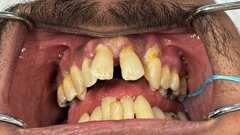























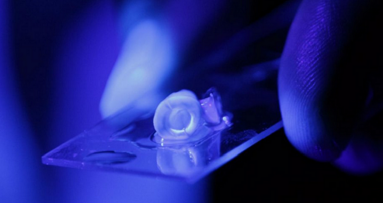



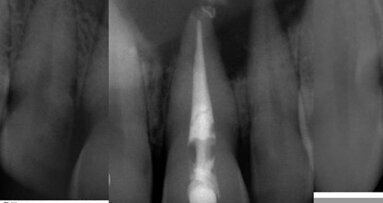
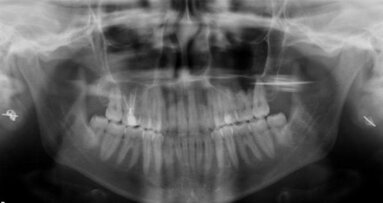

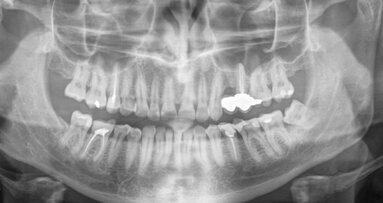









To post a reply please login or register